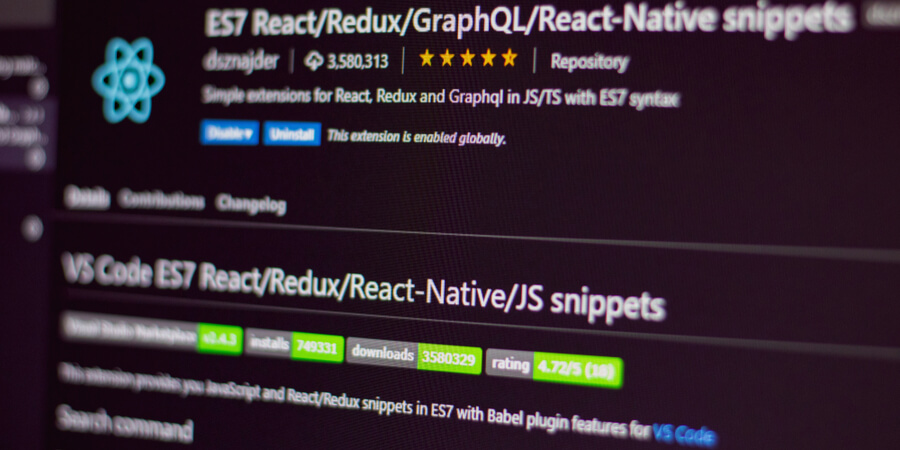
Native app development involves the development of apps for a specific platform using specific programming languages, while hybrid apps are developed through a single code base with the capability to run on multiple operating system platforms. And web apps are plain websites that exhibit the interactivity and functionality of native applications. The choice between the best among the 3 is arguable since each one has its pros and cons. All these variants are progressing to offer robust platforms for successful apps that can deliver the best services. This article dives deep into all 3 app development services and throws light on their benefits and shortcomings.

A native app is an application developed to entirely comply with the requirements of a particular operating system, either Android or iOS. Native app development involves building apps uniquely for each OS platform and they work incompatibility with the device features. Native apps can be directly downloaded from the app stores to the mobile device and can be launched without any support from other browsers or tools. A native app’s data is either stored in the gadget’s memory or on the cloud.

The hybrid app is a category of a cross-platform app that facilitates quick app development and launch with minimum costs. They are the ideal solution for progressive startups due to their high development speed and low priority to UX and performance. Hybrid apps work across platforms, an app created for iOS will also work on Android and vice-versa. The hybrid app is an amalgamation of native and web app with a website at its center and a native app as an external cover.
Cons of Hybrid Apps

A web app is an application that offers the experience of a native app and can run on all browsers and devices, including mobile phones, laptops, tablets, and TVs. The only prerequisite for a web app to run is the availability of a browser. With web apps, only a single application needs to be created for several platforms instead of creating many applications.

Now that you have understood the pros and cons of native, hybrid, and web app development, you can make your choice depending upon your specific business need. For businesses with a huge budget, a native app is an ideal choice, while if you are a small business or startup, a web app will be the perfect fit. If your company is looking to improve its visibility in the marketplace without going through the hassle of developing 2 separate apps for Android and iOS a hybrid app will be the best choice.
References :
React Native is a popular framework for building mobile apps using JavaScript and React. It allows for the development of high-quality, native-like apps for iOS and Android from a single codebase.
Unlike native app development, which uses platform-specific languages (Swift for iOS, Kotlin/Java for Android), React Native uses JavaScript and React, enabling developers to build apps for both platforms simultaneously.
React Native offers faster development, cost efficiency, and the ability to create apps with near-native performance, making it a preferred choice for startups and enterprises alike.
React Native apps can achieve performance close to native apps and are generally suitable for most types of applications, barring some high-performance or complex graphics requirements.
Yes, if the web application is built using React, it can be relatively easily ported to React Native with some adjustments.
Some limitations include less support for advanced graphics or gaming, potential issues with device-specific features, and a reliance on third-party libraries.
React Native apps generally perform well and can handle most common app requirements effectively. However, for highly intensive tasks, native development might be more suitable.
Yes, React Native allows developers to create apps for both iOS and Android from a single codebase, with minor platform-specific adjustments.
React Native can be more cost-effective than native development, as it reduces the need for separate iOS and Android development teams.
React Native’s single codebase approach makes it easier to push updates and maintain apps across both platforms, often leading to quicker turnaround times and reduced maintenance costs.
Let Neuronimbus chart your course to a higher growth trajectory. Drop us a line, we'll get the conversation started.
Your Next Big Idea or Transforming Your Brand Digitally
Let’s talk about how we can make it happen.